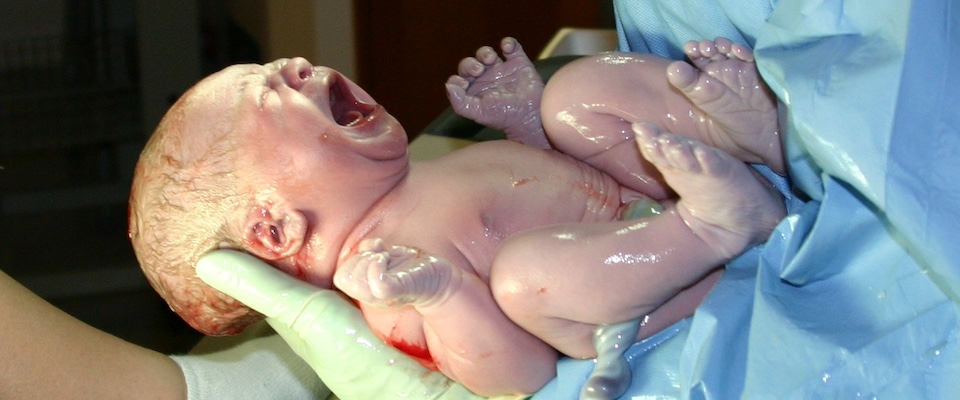Daniel K. Williams is a can’t miss historian for me. I was delighted to get an early copy of his Abortion and America’s Churches, a history of how denominations chose sides around Roe v. Wade. I drew on one thread of his history for an essay for Word on Fire.
In Williams’s telling, in the wake of World War II, there was a desire in many philosophical and religious traditions to be able to speak about human dignity without relying on reference to God. Religious language limited who would listen. In the wake of the Holocaust, there was an urgent need to find a minimum ground of human dignity that many diverse nations could assent to. What was objective and unambiguous about human beings?
For some thinkers, a way of grounding human value was pointing to other human beings who valued a particular person at risk. If someone was loved, whether by their mother, their child, their students, their neighbor, it required no reference to God to argue that when they were the target of violence, the harm rippled outward. This humanist view put more emphasis on the way we belong to each other, but it also made human dignity contingent on, as Williams puts it, the “rationality and the socialization process.”
